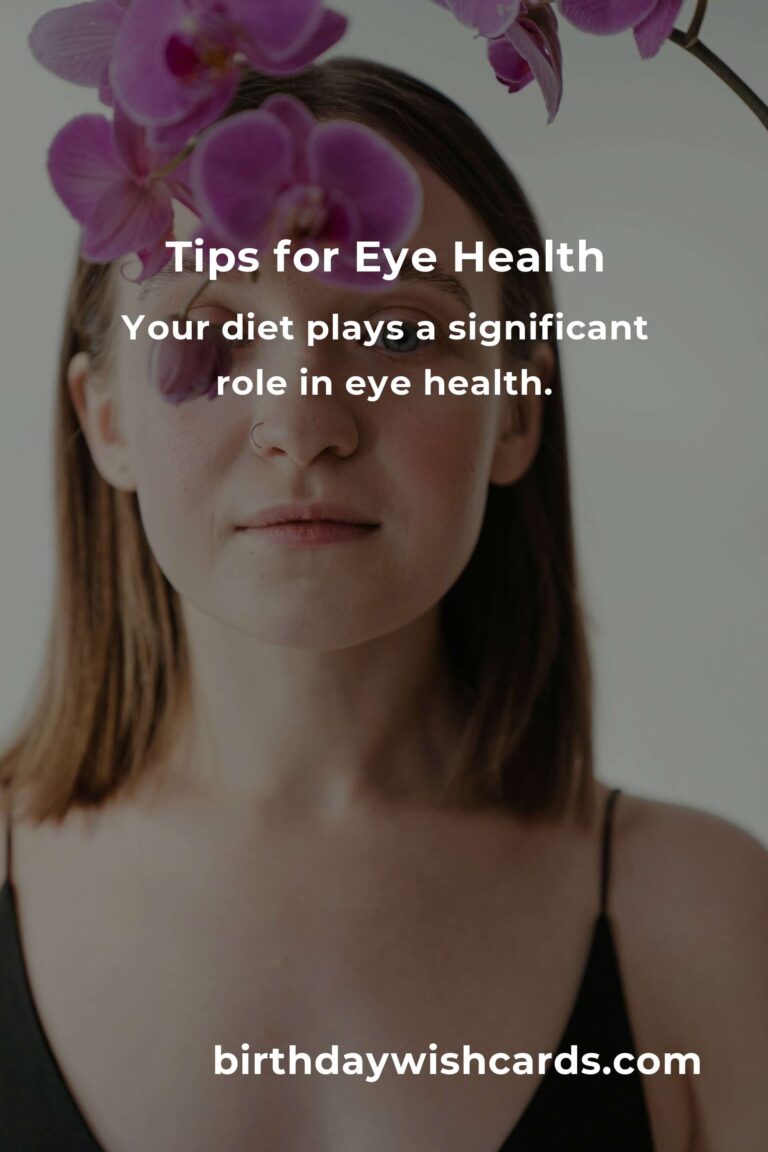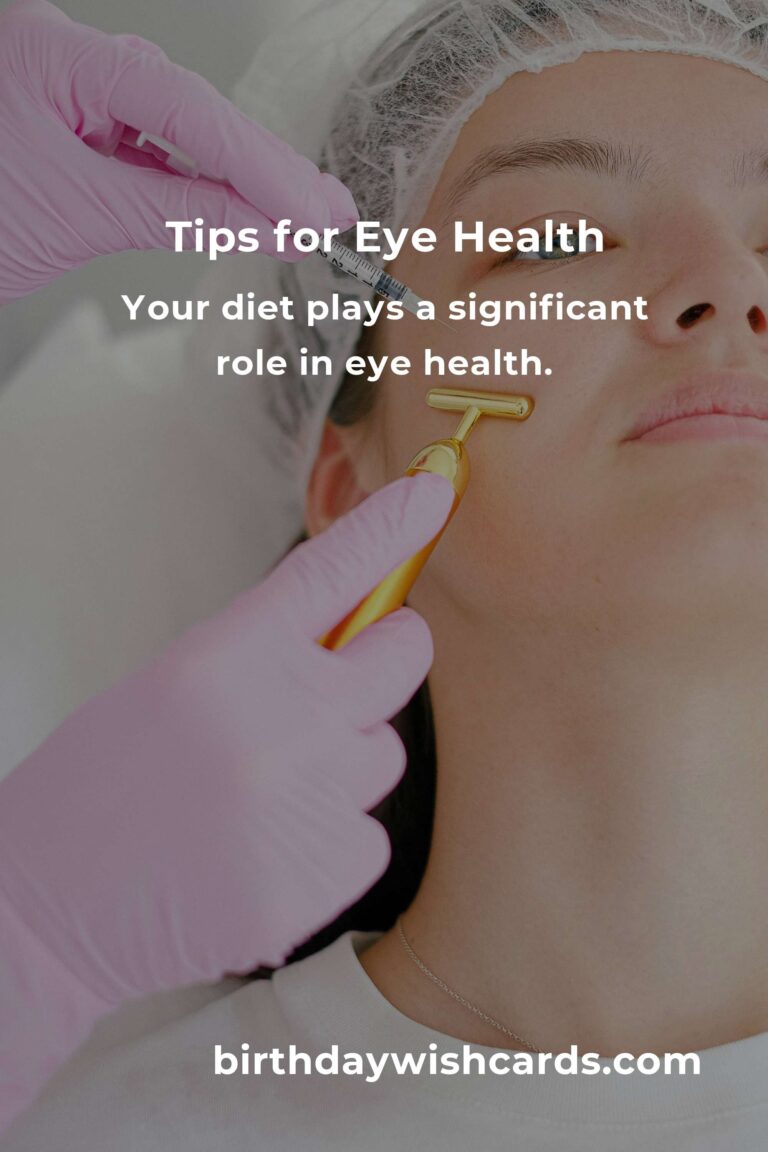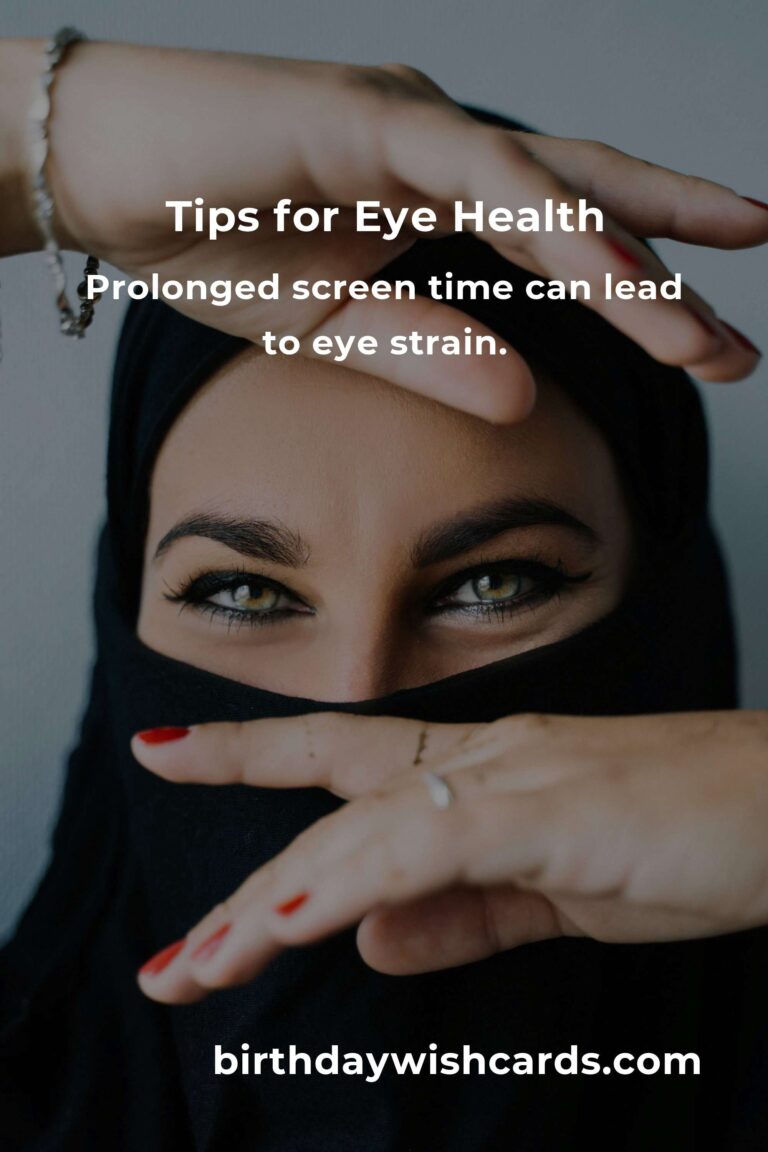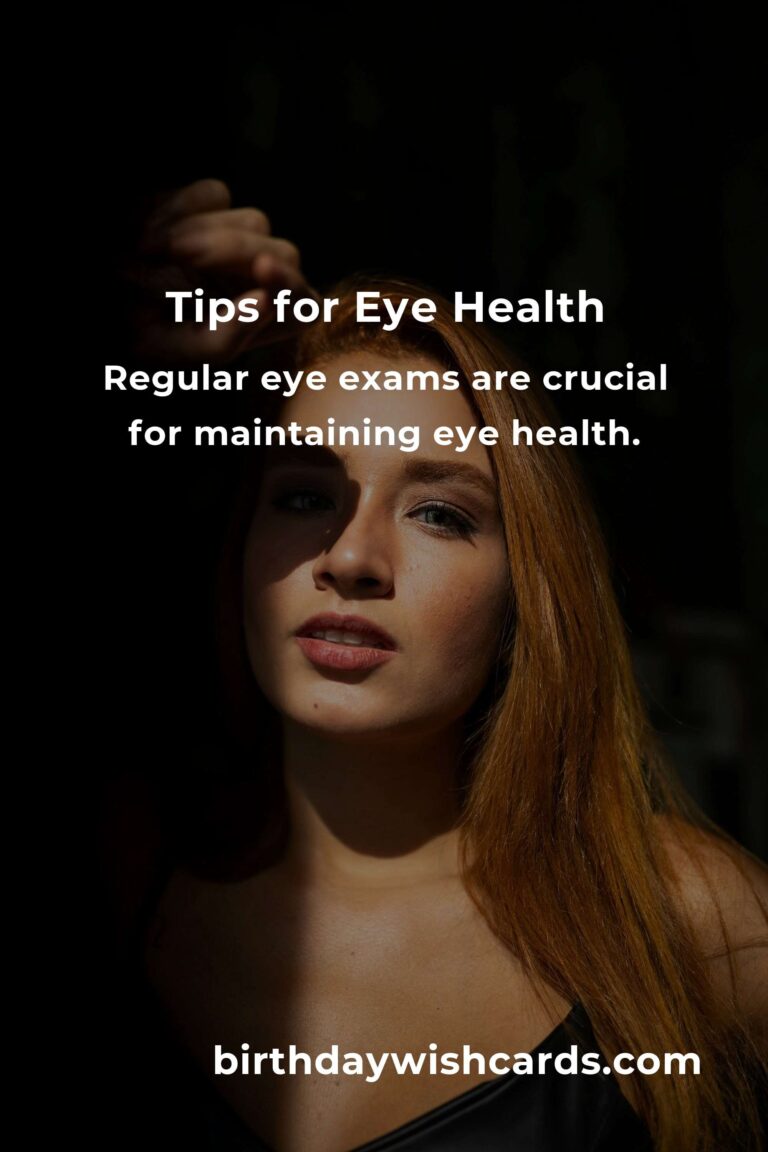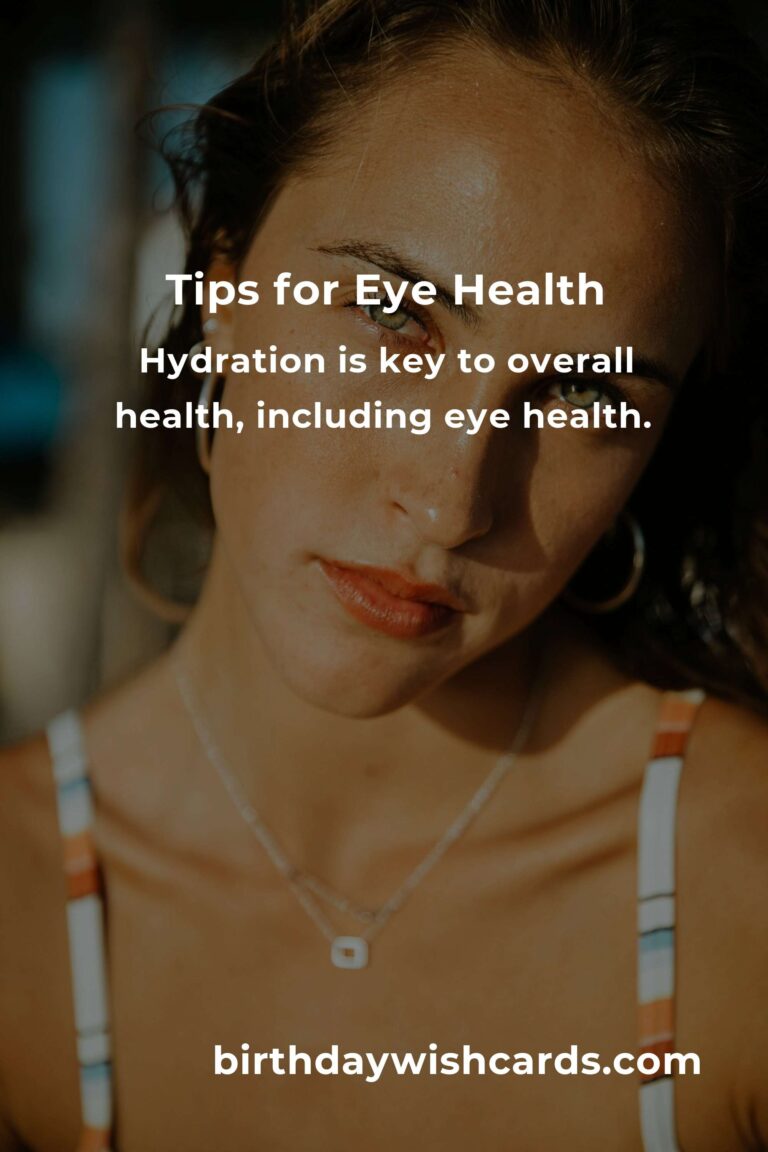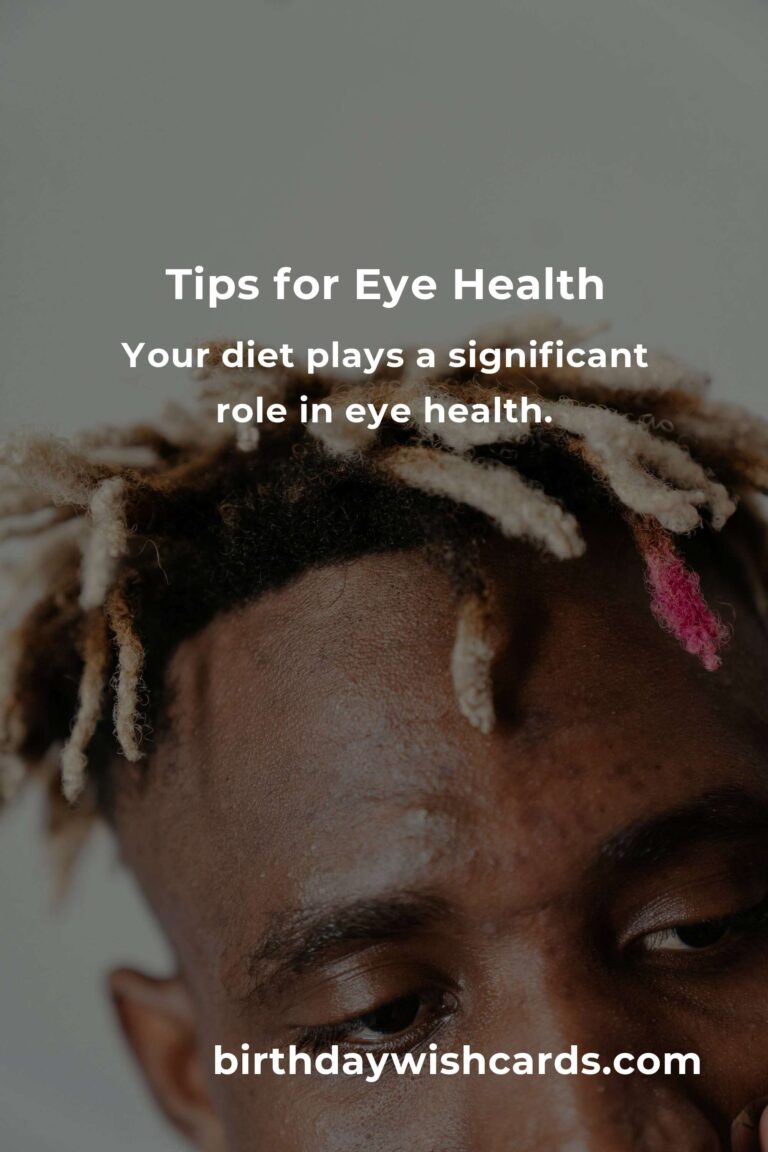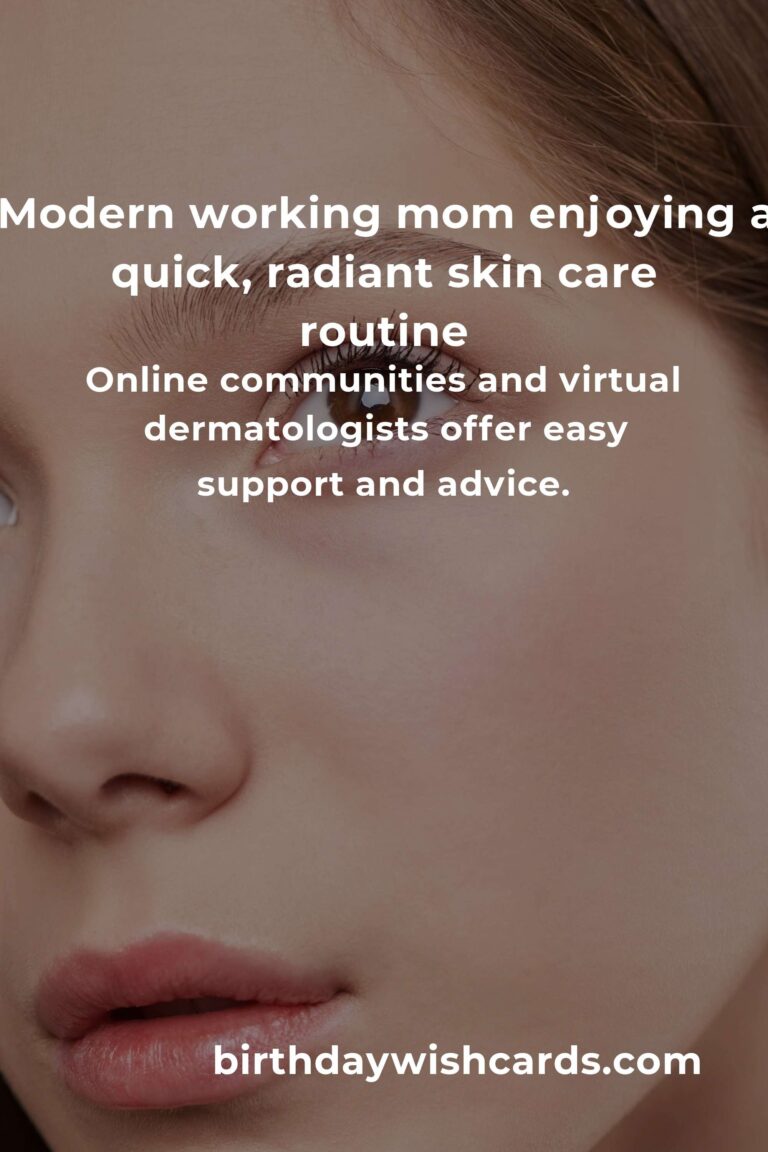
As we age, taking care of our eyes becomes increasingly important. During your 30s, you might start noticing changes in your vision or eye health. Fortunately, there are numerous ways to ensure your eyes remain healthy and your vision stays sharp. Here are 26 tips to help you maintain better eye health in your 30s.
1. Schedule Regular Eye Exams
Regular eye exams are crucial for maintaining eye health. They help in early detection of issues such as glaucoma, cataracts, and macular degeneration. Aim to visit your optometrist at least once every two years.
2. Eat a Balanced Diet
Your diet plays a significant role in eye health. Foods rich in omega-3 fatty acids, lutein, zinc, and vitamins C and E can help ward off age-related vision problems. Include plenty of green leafy vegetables, fish, eggs, nuts, and citrus fruits in your diet.
3. Stay Hydrated
Hydration is key to overall health, including eye health. Drinking plenty of water helps maintain moisture in your eyes, preventing dryness and irritation.
4. Protect Your Eyes from UV Rays
Exposure to ultraviolet (UV) rays can harm your eyes. Wearing sunglasses that block 100% of UV rays can protect your eyes from damage.
5. Limit Screen Time
Prolonged screen time can lead to eye strain. Follow the 20-20-20 rule: every 20 minutes, look at something 20 feet away for 20 seconds to reduce eye strain.
6. Use Proper Lighting
Ensure your reading and work environments are well-lit to avoid straining your eyes. Adjust your computer screen to reduce glare and use task lighting for close-up activities.
7. Practice Good Hygiene
Washing your hands regularly and avoiding touching your eyes can prevent infections. For contact lens wearers, ensure you follow proper lens care guidelines.
8. Quit Smoking
Smoking can increase the risk of developing eye diseases such as cataracts and macular degeneration. Quitting smoking improves overall health and eye health.
9. Manage Chronic Conditions
Conditions like diabetes and hypertension can affect eye health. Managing these conditions with the help of your healthcare provider can prevent related eye problems.
10. Maintain a Healthy Weight
Obesity can lead to diabetes and other systemic conditions, which can affect eye health. Regular exercise and a balanced diet can help maintain a healthy weight.
11. Get Enough Sleep
Adequate rest is essential for eye health. Lack of sleep can lead to eye fatigue and dryness.
12. Use Artificial Tears
If you experience dry eyes, artificial tears can provide relief and keep your eyes moist. Consult your doctor for recommendations.
13. Wear Protective Eyewear
If you work in hazardous environments or play sports, wearing protective eyewear can prevent injuries to the eyes.
14. Monitor Screen Position
Position your computer screen about an arm’s length away and at eye level to reduce strain.
15. Adjust Screen Brightness
Ensure your computer or device screen brightness is comfortable to avoid straining your eyes.
16. Use Blue Light Filters
Blue light from screens can contribute to digital eye strain. Use blue light filters on your devices to reduce exposure.
17. Blink Often
Blinking keeps your eyes moist and can reduce dryness and irritation, especially when working on a computer.
18. Incorporate Eye Exercises
Simple eye exercises can strengthen your eyes and improve flexibility. Try focusing on a distant object to relax your eyes.
19. Manage Stress
Chronic stress can impact your body and eye health. Engaging in relaxation techniques can help reduce stress and benefit your eyes.
20. Avoid Rubbing Your Eyes
Rubbing your eyes can lead to irritation and introduce germs. If your eyes are itchy, use a cold compress instead.
21. Check for Vision Changes
Be aware of any changes in your vision, such as blurriness or difficulty seeing at night, and consult your optometrist if needed.
22. Take Breaks from Contacts
Giving your eyes a break from contact lenses by using glasses can reduce the risk of infections and irritation.
23. Use Prescribed Eye Drops
For conditions like glaucoma, using prescribed eye drops as directed can help manage the condition and protect your vision.
24. Stay Informed
Keep up with the latest research and recommendations on eye health to make informed decisions.
25. Educate Yourself
Understanding common eye conditions and their symptoms can help you seek timely medical attention if needed.
26. Encourage Eye Health in Others
Share your knowledge and encourage family and friends to prioritize their eye health as well.
By following these tips, you can maintain optimal eye health and enjoy clear vision well into the future. Remember that your eyes are an important part of your overall health, and taking care of them should be a priority.
Regular eye exams are crucial for maintaining eye health.
Your diet plays a significant role in eye health.
Hydration is key to overall health, including eye health.
Exposure to ultraviolet (UV) rays can harm your eyes.
Prolonged screen time can lead to eye strain.
#EyeHealth #VisionCare #HealthyLiving


